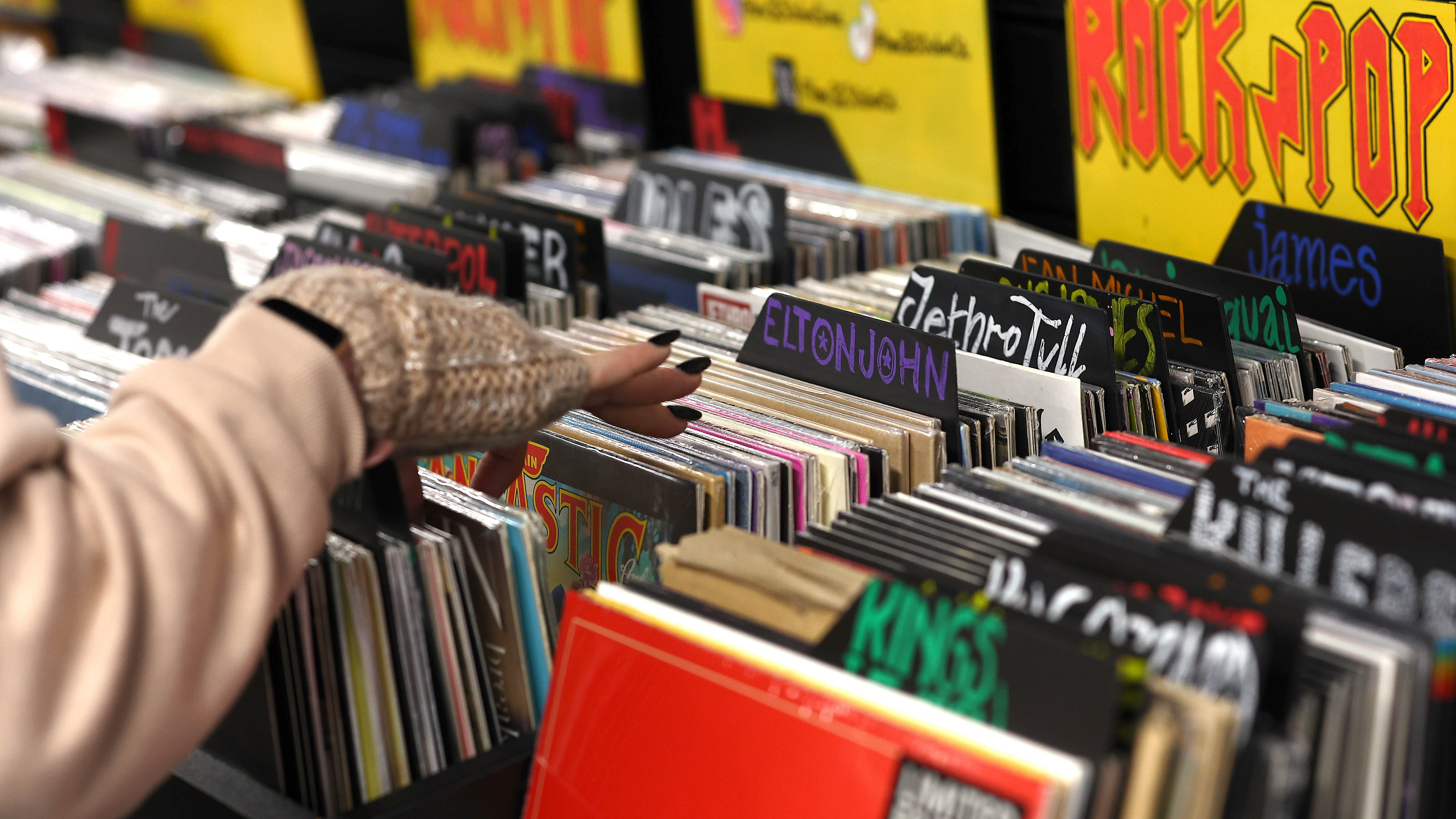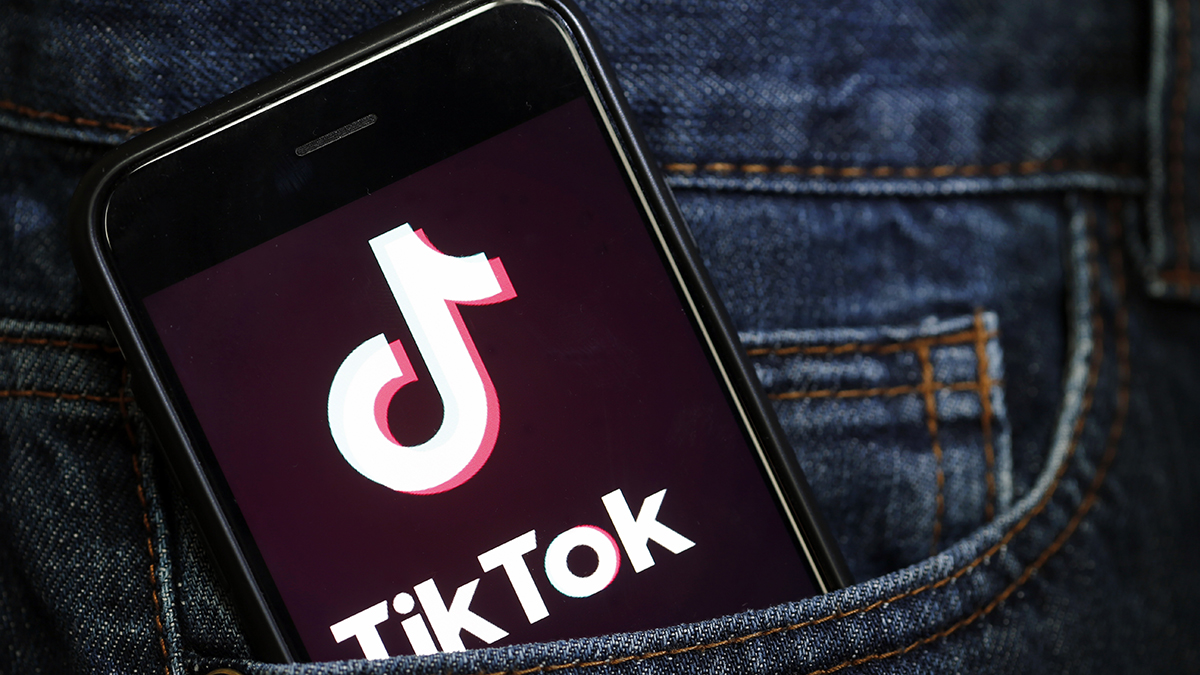“More music is being released today (in a single day) than was released in the calendar year of 1989”: How the music production industry has taken note of the huge number of self-releasing artists
More and more people are publishing music directly - and the industry has recalibrated

With the ease at which musicians can not only create and mix, but distribute and self-release their tracks, it's unsurprising that the quantity of music now being put out into the world is significantly higher than it was a few decades ago. But, when compiling a recent deep-dive feature, we were quite surprised to discover just how big that margin has become
In our long-read investigation into the growth of subscription-based software platforms, our writer Adam Douglas spoke to music business economist Will Page, who is the former Chief Economist of Spotify and UK performing rights agency, PRS for Music. He told us, “More music is being released today (in a single day) than was released in the calendar year of 1989”.
As our writer, Adam indicated, that's rather an incredible concept to grasp. Page went on to say that “More of that music is being done by artists themselves, meaning there's even more demand for music production software”.
The research process to compile our long-read also indicated that the numbers are only going to grow. In business analyst MiDiA's recent 'State of the music creator economy report', they found that the overall number of music creators was around 75.9 million - a 12 percent increase over the previous year.
But, that number is projected to swell to 198.2 million people by 2030. The reason for this growth is fuelled in part by a rise in what it calls 'consumer-creators.' “Consumer-creators transformed photography (Instagram) and videography (TikTok); music will be next”, the analyst predicted in a blog post.

The report anticipates this expansion will be driven by what it calls 'casual music creators' - “Not only will casual music creation become mainstream, it will trigger an unprecedented widening of the music creator economy funnel”.
So, what does this actually mean for individual music-makers, who are becoming ever-smaller fragments of a balooning galaxy of creators? Well for one thing, music-tool subscription models are unlikely to be supplanted any time soon. As detailed in our extensive feature, the recurring costs of subscription fees soon stack up.
Steve Heithecker of the Pyramind Institute had a particulalry cynical take on what those offering music recurring subscription pricing models are motivated by; “Software companies have followed the lead set by Wall Street. Recurring revenue is very sexy right now. Everyone wants in on it. People often also forget they have the subs and then it's a bit like free money for these companies when they auto renew”.
For more perspectives on this growth of music-makers, and how the economics of the music production industry have adjusted, read our deep dive into subscription-based platforms and why an alternative model might be better for everybody
Want all the hottest music and gear news, reviews, deals, features and more, direct to your inbox? Sign up here.



I'm Andy, the Music-Making Ed here at MusicRadar. My work explores both the inner-workings of how music is made, and frequently digs into the history and development of popular music.
Previously the editor of Computer Music, my career has included editing MusicTech magazine and website and writing about music-making and listening for titles such as NME, Classic Pop, Audio Media International, Guitar.com and Uncut.
When I'm not writing about music, I'm making it. I release tracks under the name ALP.